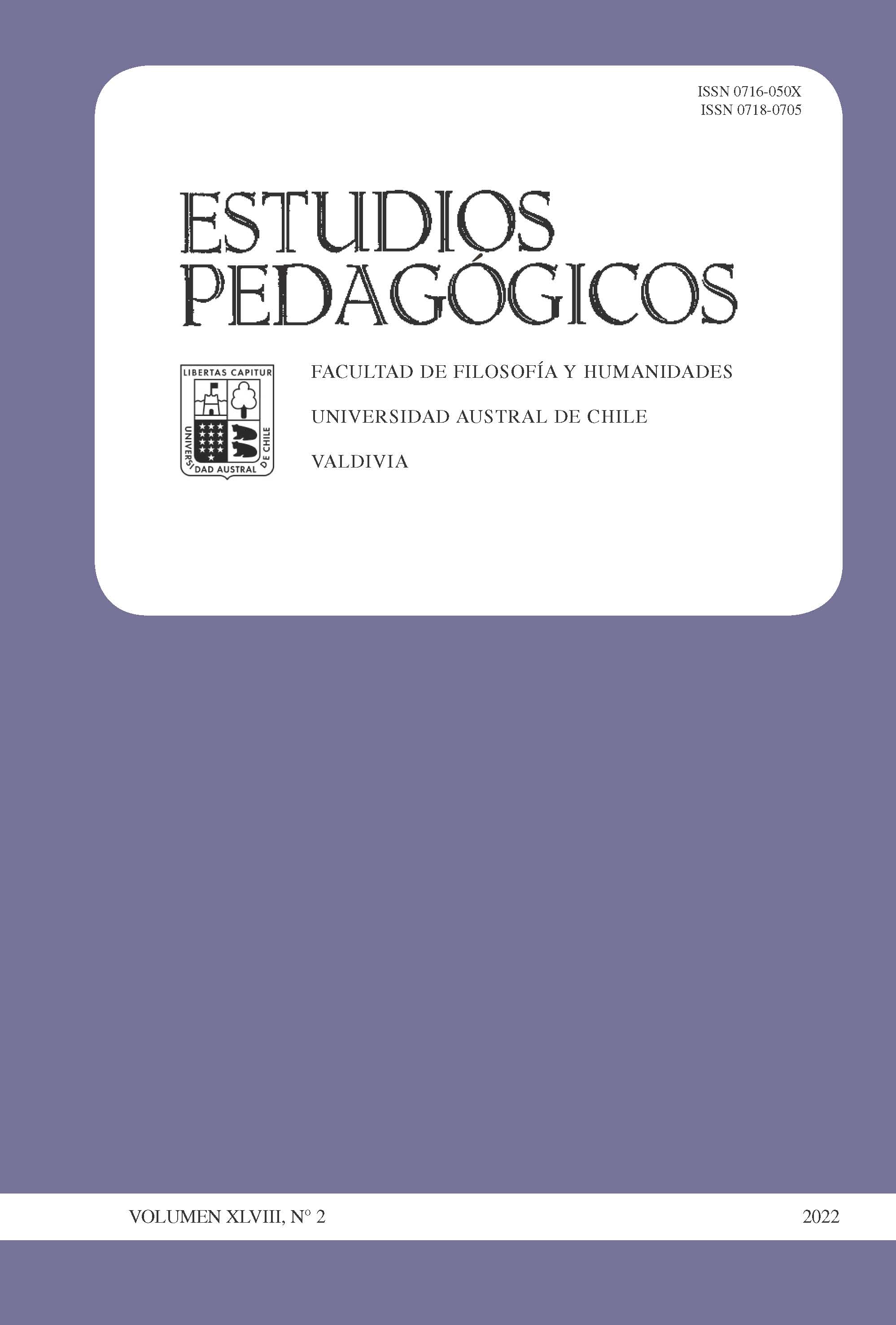Problem solving types contextualized and error analysis: A case study
Main Article Content
Abstract
The article aims to determine the academic performance and errors in solving types of problems of application of the quadratic function of high school students from the Los Lagos region and the Los Ríos region in Chile. The approach is qualitative descriptive with case studies. A mathematics test with open response problems and opinion questionnaire were developed and applied. Through the results, the highest academic performance in routine problems of purely mathematical context and fantasy context is evidenced, but with difficulty in solving non-routine problems. Furthermore, errors originating from affective and emotional attitudes associated with blockages when initiating resolution, forgetfulness when considering the quadratic function, prevail over errors originating from an obstacle and errors originating from absence of sense.

